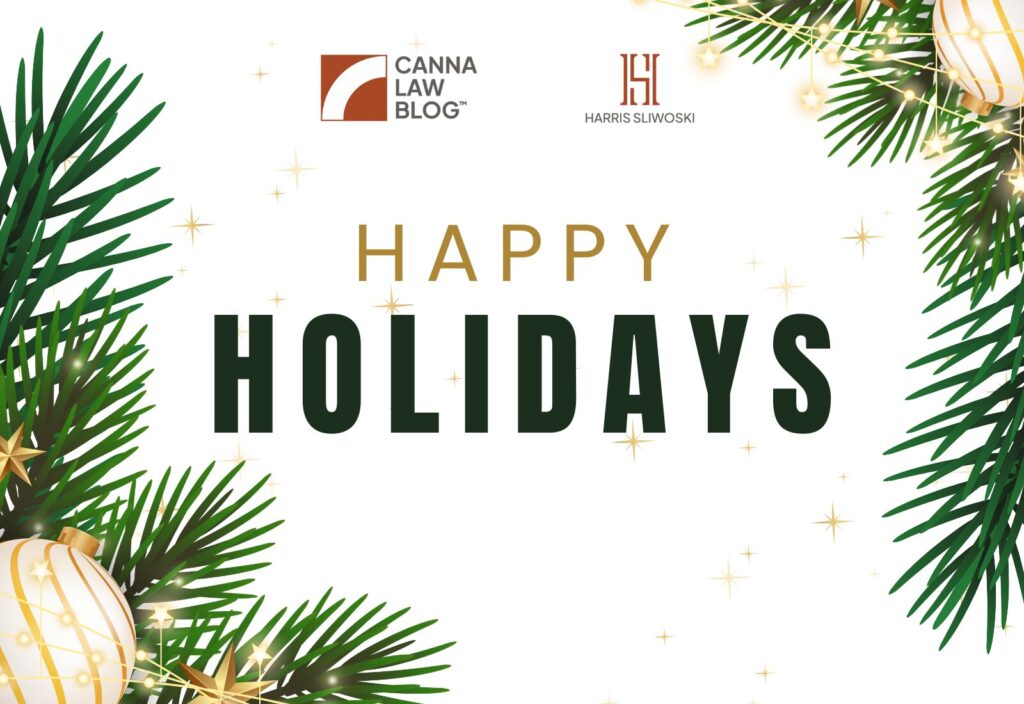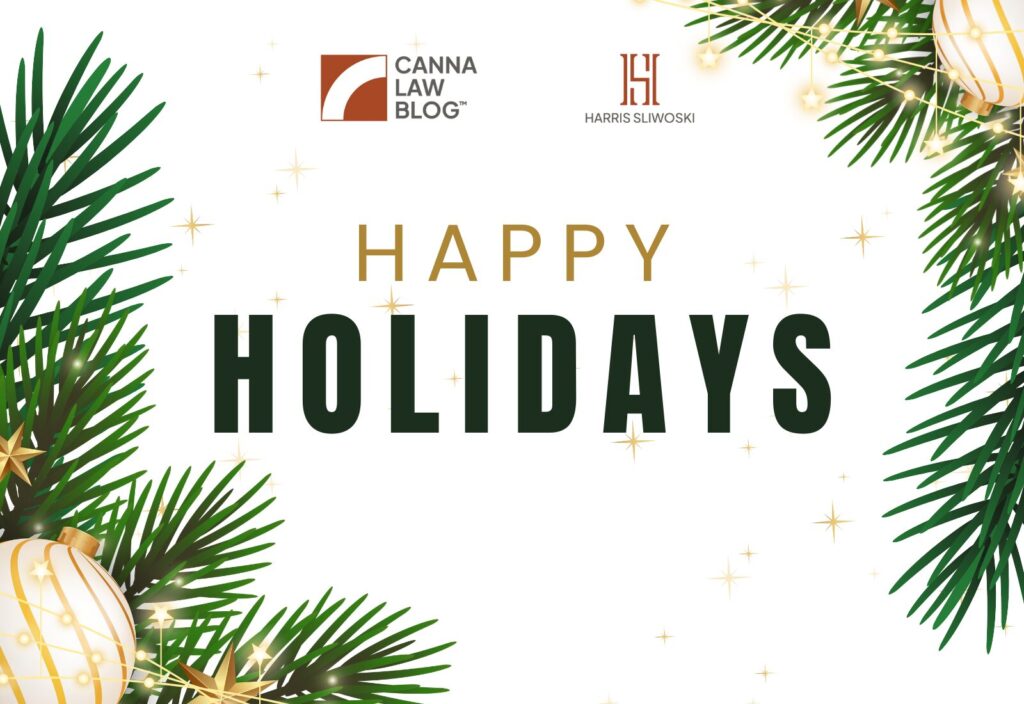
Cannabis companies, for some reason, seem to love clever names predicated on well-known brands. (See e.g. Zkittlez and Skittles or Bloom and Cool). More often than not, these companies end up in trouble. (See Major Food and Beverage Companies Call Out Marijuana Copycats). Although these companies may try a parody defense, it’s not so easy. On the heels of a Supreme Court argument in case involving the parody defense, TOYS R US has filed a federal lawsuit against an unlicensed Brooklyn, New York cannabis retailer ZAZA R US in the Eastern District of New York.
Unbeknownst to me, the term “ZAZA” apparently is a colloquial term that refers to high-grade strains of cannabis. (I guess “weed” and “grass” is outdated). TOYS R US alleges that ZAZA R US operates at least two brick-and-mortar stores with at least one store displaying the allegedly infringing signage seen above. TOYS R US claims this is a blatant and obvious bad-faith effort to trade on the goodwill and fame of TOYS R US.
TOYS R US pleads the usual assortment of claims for trademark dilution, trademark infringement, false designation of origin, and unfair competition under the federal Lanham Act, 15 U.S.C. §
Read full article on HarrisBricken






































